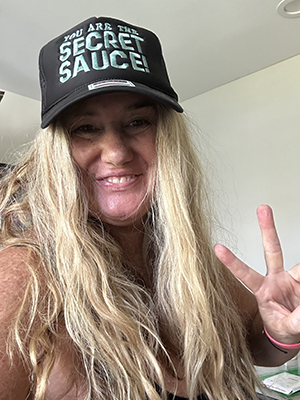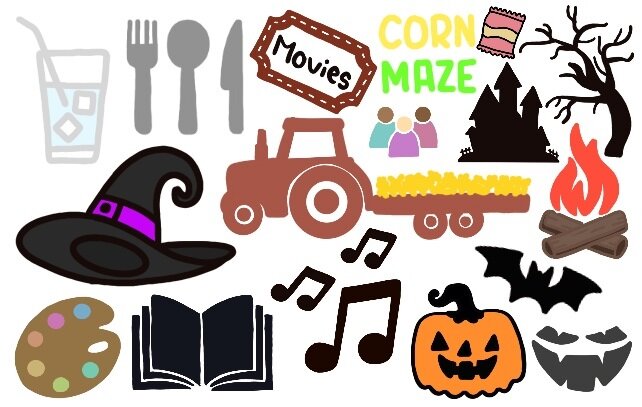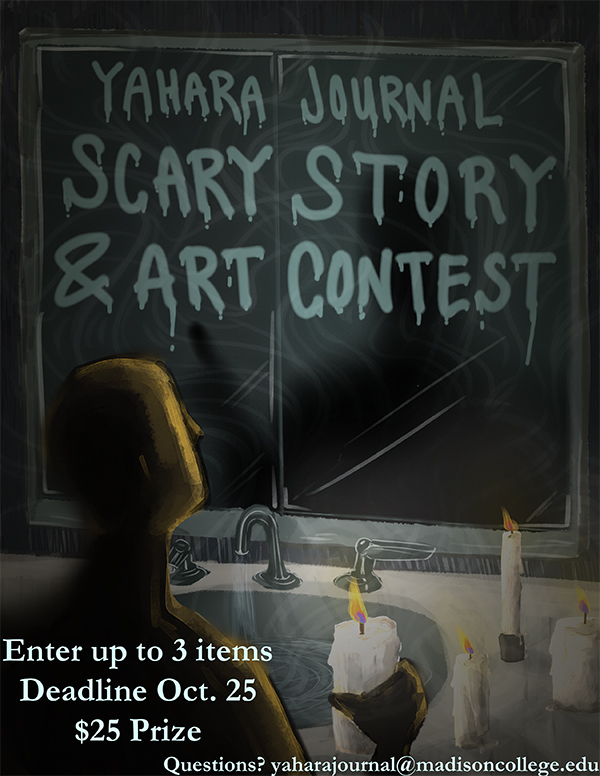Memoir tells a child actress’ experiences
September 28, 2022
“I’m Glad My Mom Died” by Jennette McCurdy, the child actress who starred in “iCarly” in the early 2000s, is a frank, full-scale memoir that answers many questions about why many child stars end up emotionally and financially broke, addicted to drugs, disillusioned or dead.
Most of us will never understand the harrowing experience of a childhood in the spotlight and the road to developing peace as an adult. Still, McCurdy conveys it brilliantly with an uplifting story of overcoming abuse with resilience and recovery.
Filled with witty references and dark humor, this is an excellent book on how childhood trauma can set the stage for how you function as an adult. McCurdy paints her youth by writing a series of vignettes that capture childhood abuse, addiction and therapy.
After McCurdy’s mother introduces her daughter to the idea of being an actress, 6-year-old Jennette, wanting to please her mother (who always wanted to be an actress, but didn’t get the chance), agrees to her mom’s request (or demand, depending how you look at it).
A years-long process of acting and dancing lessons ensue, moving between agents and managers and endless auditions.
However, the roles eventually come in for McCurdy, with stints on “CSI” and “Malcolm in the Middle.”
Codependence and a lopsided need to please her mom, along with living in cramped conditions and developing eating disorders also occur.
McCurdy first develops anorexia as an 11-year-old, noticing she is beginning to grow breasts. Embarking on puberty, the wise child actress understands that it is a liability in her work.
Because she is undersized for her age, she is more marketable and can play younger roles, which means she can stand in for children younger than herself. (Some children cannot take direction and are also legally permitted to have more break time.)
Scared of losing roles because of puberty, McCurdy goes to her mother for advice on how to stay small, and astonishingly, her mother introduces her to the world of calorie reduction. Their plan leads to McCurdy’s anorexia and eventual bulimia.
Because her home life is riddled with dysfunction, McCurdy becomes an expert on one of Hollywood’s most valued skills: crying on cue. Her mother’s controlling behavior and ongoing abuse, coupled with her father’s indifference, give her plenty of reason for the tears.
The ability to cry on cue makes the actress high in demand.
McCurdy lands a prominent role in “iCarly,” and although she can provide for her family, her problems don’t stop but worsen.
The show’s producer is Dan Schneider, although McCurdy refers to him as “The Creator.” Some background on Schneider: he was a huge name in Nickelodeon history and children’s TV from the 1990s to 2000s.
In 2018, Nickelodeon quickly severed ties with Schneider saying it was an amicable split. With fans searching online, reports surfaced that there were complaints of abusive behavior, including interactions with minor actors and actresses.
Under “The Creator,” she is forced to wear a bikini, although she pleads to wear a one-piece and is uncomfortable exposing so much of her body. “I hate this feeling, the feeling of so much of my body being exposed,” she said, “It feels sexual to me. I’m ashamed.”
When she has a scene where she has a first kiss with a boy, “The Creator” screams at her off camera to move her head more.
McCurdy knows that Nickelodeon stars rarely further their career and make it to the big time and that her co-star Ariana Grande’s (from “Sam and Cat”) blossoming singing career is the rare exception to the rule.
While her mother dreams of her daughter winning a future Academy Award, McCurdy has learned to adjust her expectations. “Who’s gonna wanna hire me when I’ve spent almost ten years on Nickelodeon?” she said.
But the childhood stardom has also left her without an alternative route, explaining she never went to college and has no fundamental life skills. So, even if she wanted to get a profession outside of entertainment, that is not a realistic option. With no practical choices to continue acting, McCurdy decides to learn directing, asking the “Sam and Cat” staff to let her direct an episode to get TV directing credits added to her resume. The team initially agreed, but later back out on the offer.
Today, McCurdy’s future looks much brighter. She has managed to move beyond the childhood stardom trap and is in therapy for her eating disorders. She also has a career writing, directing short films and hosting a podcast.
In “I’m Glad My Mom Died,” she paints a bleak picture of child stardom as a system in which children bankroll other people and are eventually turned loose when they lose their value.
This story of McCurdy’s victory over her childhood demons will leave many readers emotionally depleted. Still, her outstanding writing prevails, and the reader has no choice but to stay with McCurdy until she can recover from her childhood demons.

























